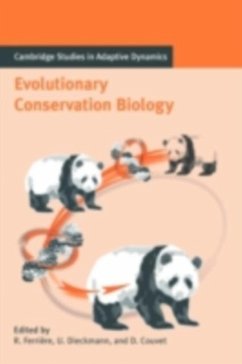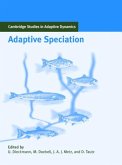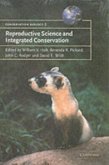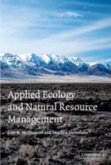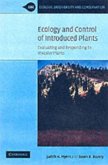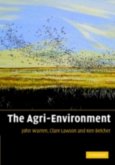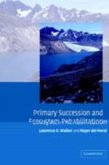As anthropogenic environmental changes spread and intensify across the planet, conservation biologists have to analyze dynamics at large spatial and temporal scales. Ecological and evolutionary processes are then closely intertwined. In particular, evolutionary responses to anthropogenic environmental change can be so fast and pronounced that conservation biology can no longer afford to ignore them. To tackle this challenge, areas of conservation biology that are disparate ought to be integrated into a unified framework. Bringing together conservation genetics, demography, and ecology, this book introduces evolutionary conservation biology as an integrative approach to managing species in conjunction with ecological interactions and evolutionary processes. Which characteristics of species and which features of environmental change foster or hinder evolutionary responses in ecological systems? How do such responses affect population viability, community dynamics, and ecosystem functioning? Under which conditions will evolutionary responses ameliorate, rather than worsen, the impact of environmental change?
Dieser Download kann aus rechtlichen Gründen nur mit Rechnungsadresse in A, B, BG, CY, CZ, D, DK, EW, E, FIN, F, GR, HR, H, IRL, I, LT, L, LR, M, NL, PL, P, R, S, SLO, SK ausgeliefert werden.

